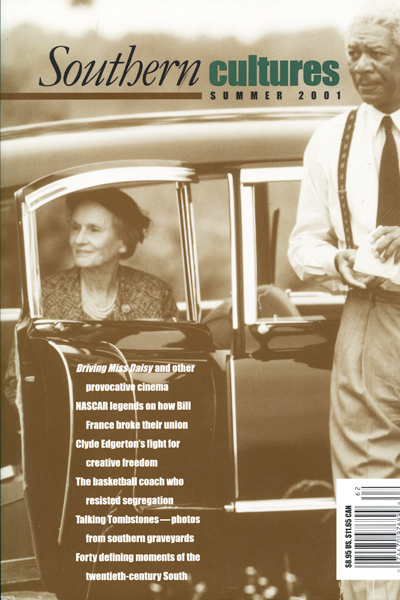“Who could be freer than one of these stock-car racers moving easily and gloriously between the glamour of moonshining and the thrill of roaring engines on dirt tracks, with plenty of hard living, hard partying, and wild women at every stage?”
“The power of the master must be absolute to render the submission of the slave perfect.”
In the year 1829, Judge Thomas Ruffin of the North Carolina Supreme Court used these chilling words to settle the vexing case of State vs. Mann, a decisive legal battle in the evolution of American slavery. According to court records, one John Mann of Chowan County, North Carolina, had rented the services of a slave named Lydia, only to shoot and wound her when Lydia defied his authority and struggled to escape a whipping. In the view of modern historians of slavery, incidents like these were numbingly familiar in the antebellum South and rarely attracted official attention. Something about this incident stirred feelings in Chowan County, however, and John Mann was successfully prosecuted for battery. Lydia’s story reached the state’s highest court when Mann appealed his conviction, arguing that the law could place no limit on the violence that a master might visit on a slave.


